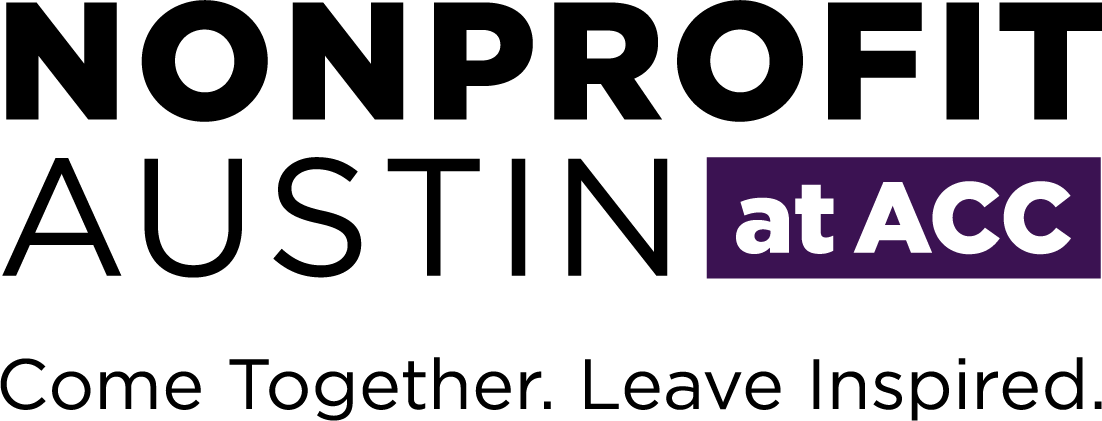
Fundraising
Nonprofit organizations provide opportunities for individuals and institutions to voluntarily contribute to causes of their choosing. By engaging the interests and relationships of individuals, nonprofits can help develop a culture of philanthropy where people feel their values can be expressed and contributions effectively used to improve their communities. To honor this trust, nonprofits should be good stewards and conduct their fundraising according to the highest ethical standards with regard to solicitation, acceptance, recording, reporting and use of funds. Nonprofits should adopt clear policies for fundraising activities to ensure responsible use of funds and open, transparent communication with contributors and other constituents.
Policies
1. A nonprofit’s board of directors has a responsibility to adopt a fundraising plan and systems to ensure that sufficient charitable contributions are raised to meet budgeted objectives.
2. A nonprofit should have a policy that sets out conditions under which it would decline funds or in-kind donations given for purposes outside the scope of its mission or that would otherwise bring about adverse conditions for the organization or its constituents.
3. Nonprofits should ensure that a high percentage of each dollar raised goes directly to funding its programs and services. These percentages should be in accordance with practices of comparable organizations and with representations made by the organization to contributors and the public.
4. Compensation for fundraising personnel and contractors should not be based on a percentage of funds raised or other commission-based formulas.
5. A nonprofit should ensure that any outside individual or organization that solicits funds on its behalf should be closely monitored to ensure they follow accountable fundraising practices, make required disclosures, and work as responsible stewards of the organization’s goodwill.
Accountability to Donors
![]() 6. Nonprofits must comply with all federal, state and local laws concerning fundraising practices. This includes registration and annual reporting with any state in which the organization is soliciting charitable contributions that requires such reporting. There are no such requirements in Texas.
6. Nonprofits must comply with all federal, state and local laws concerning fundraising practices. This includes registration and annual reporting with any state in which the organization is soliciting charitable contributions that requires such reporting. There are no such requirements in Texas.
7. Nonprofit organizations are responsible for conducting their fundraising activities in a manner that upholds the public’s trust in stewardship of contributed funds.
![]() 8. Nonprofits must use funds consistent with donor intent and comply with specific conditions placed upon donations.
8. Nonprofits must use funds consistent with donor intent and comply with specific conditions placed upon donations.
9.Nonprofits should strive for a balance between publicly recognizing charitable contributions and maintaining donor confidentiality when requested.
10. Nonprofits should respect donor preferences in the handling of their information and should implement systems and policies that secure this information, effectively use it to communicate with donors and prevent its use for improper purposes. Nonprofits are allowed to share but they must not trade or sell contact information for any donor without prior permission from the donor.
Communications with Donors
![]() 11. Organizational communications, including fund- raising appeals, must include clear, accurate and honest information about the organization, its activities, and when, where and for whom the funds will be used in addition to the tax treatment of a contribution.
11. Organizational communications, including fund- raising appeals, must include clear, accurate and honest information about the organization, its activities, and when, where and for whom the funds will be used in addition to the tax treatment of a contribution.
![]() 12. Nonprofits must send a written acknowledgment to all donors who make a “quid pro quo” donation (that is, a payment made partly as a contribution and partly for goods and/or services) in excess of $75 and must also send a written acknowledgment to all donors who made contributions of $250 or more in cash or property in the previous calendar year. For donors who have not given more than $250 in the previous calendar year, nonprofits should send an annual statement of giving.
12. Nonprofits must send a written acknowledgment to all donors who make a “quid pro quo” donation (that is, a payment made partly as a contribution and partly for goods and/or services) in excess of $75 and must also send a written acknowledgment to all donors who made contributions of $250 or more in cash or property in the previous calendar year. For donors who have not given more than $250 in the previous calendar year, nonprofits should send an annual statement of giving.
13. When developing a fundraising campaign, nonprofits should honor donor preferences regarding how often donors are contacted and how they receive that communication.
14. Nonprofits should regularly communicate with constituents regarding their activities and should make such information available through free and paid media.
15. A nonprofit should plan its communications to tell the story of the organization and maintain consistent, mission-focused and timely communication with donors.
16. Nonprofits should establish a thorough understanding of their key audiences and regularly assess the effectiveness of communication strategies and tools used to reach those audiences. A nonprofit should adjust its strategies over time to best match technologies to its audiences’ communication preferences.
Note to Readers: Please be aware that certain words have particular meanings in this document.
 “Must” is used to describe practices required by stake or federal law, and is noted with a gavel symbol and highlighted in red.
“Must” is used to describe practices required by stake or federal law, and is noted with a gavel symbol and highlighted in red.- “Should” is used to describe highly recommended practices.
- “Constituents” describes people with a stake in the success of the organization and may include members, neighbors, clients, volunteers and contributors.

